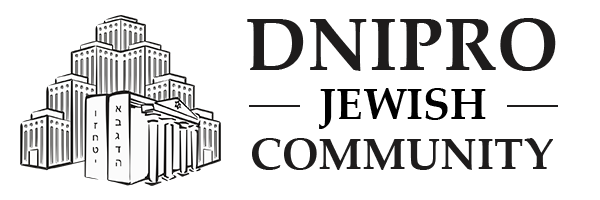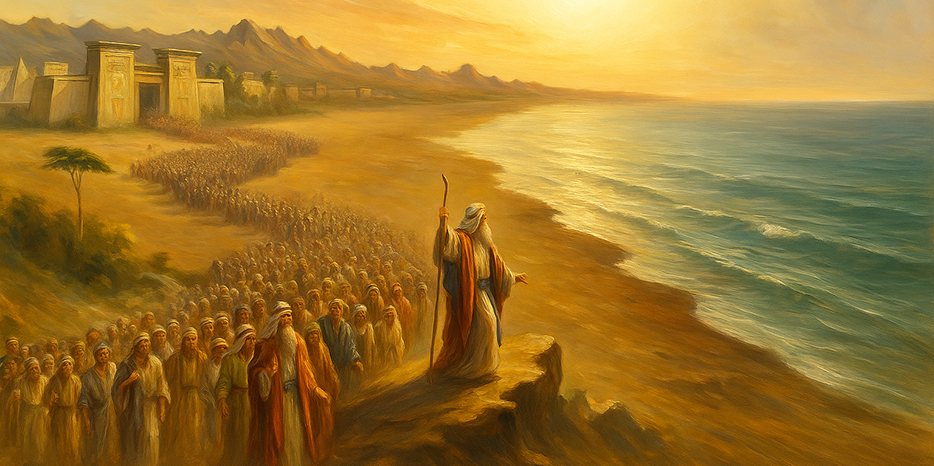This evening marks the beginning of the seventh day of Passover, which, along with the following eighth day, holds the status of Yom Tov – a sacred holiday. Outside the Land of Israel, we celebrate both days as holidays, whereas in Eretz Yisrael, only the final day is considered Yom Tov.
The seventh and eighth days of Passover are the culmination of the Festival of Freedom. Freedom is not achieved in a moment – it is a process. In the time of the Exodus, it began with leaving Egypt and reached its completion with the crossing of the Red Sea. It was on the night of the seventh day that G-d miraculously split the sea, and in the morning the Children of Israel sang a song of praise (Exodus 14:21–15:19). That’s why on this day we read the Shirat HaYam – “The Song at the Sea” – in the synagogue, and everyone listens while standing.
During the final days of Passover, we are encouraged to rejoice even more than on the previous days. It is customary to stay up and study Torah on the night of the seventh day.
Attention! On the last day of Passover, we recite the Yizkor prayer – a memorial for the souls of the departed.
In Dnipro, Yizkor will be recited on April 20 at 11:30 AM.
The last day of Passover contains two paradoxes. On the one hand, it’s the only holiday without the blessing of “Shehecheyanu”. On the other, it is filled with greater joy and spiritual elevation than any other day of the festival.
This was beautifully explained by the Seventh Lubavitcher Rebbe, Menachem Mendel Schneerson. The first day of Passover celebrates the past – the Exodus from Egypt – while the last day celebrates the future – the Final Redemption. That is why the Baal Shem Tov established the custom of holding a third festive meal on the last day of Passover and called it the “Feast of Moshiach.”
Even though the haftarah of that day speaks of Moshiach, that alone isn’t a reason to hold a third meal – since the haftarah is read before the second meal. The deeper reason lies in the inner essence of the day itself, which is spiritually bound to the coming of Moshiach. That’s why the Baal Shem Tov, who was privy to the deepest secrets of the Torah, instituted this special meal.
Because of this connection, many Chassidic discourses and teachings shared by the leaders of Chabad on this day focus on Geulah – the Final Redemption – and Moshiach.
And yet, despite the great joy of this day, we do not say the blessing “Shehecheyanu”, since that blessing is reserved for joys that are fully felt in both heart and body – joys we can tangibly perceive. And since our joy on this day is about a redemption that has not yet arrived, the blessing is omitted.
We wish all our readers a joyful and kosher conclusion to the Passover holiday. May our redemption be full and final – and may we merit to greet the righteous Moshiach soon!
Chag Kosher v’Sameach!




